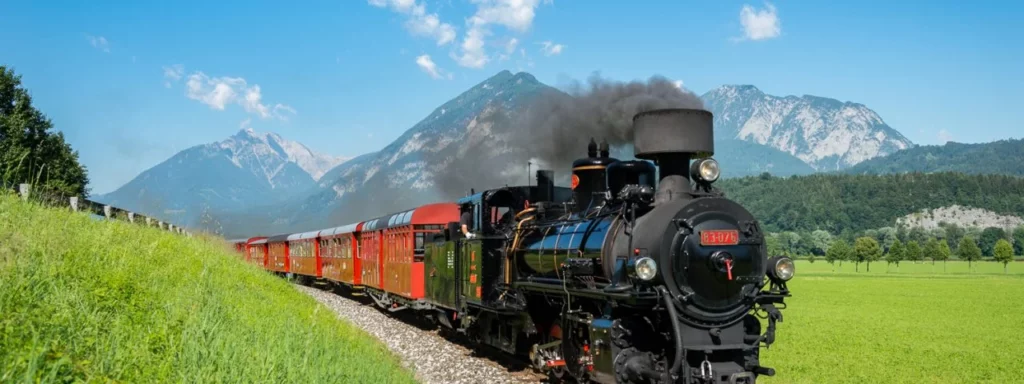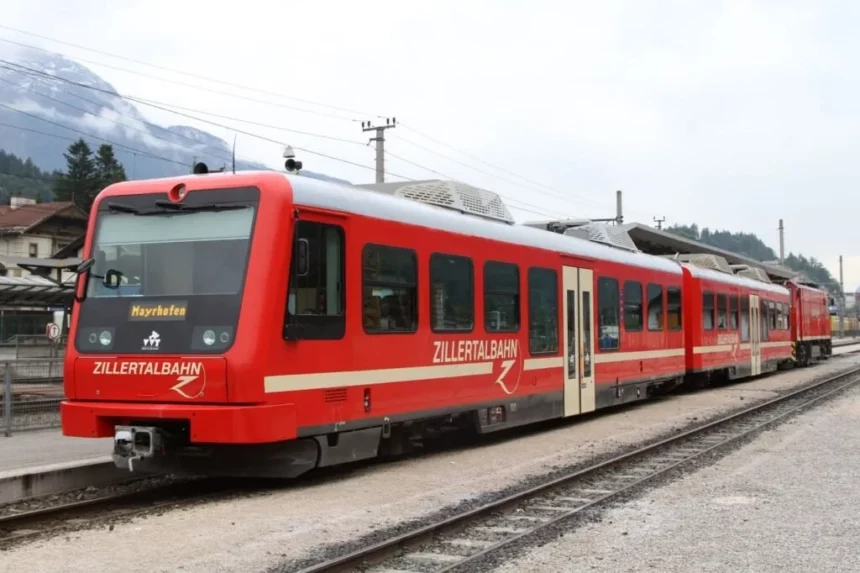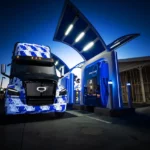In a recent turn of events, the Zillertal Railway in Tyrol, Austria, has abandoned its ambitious plans to transition from diesel to hydrogen-powered trains, opting instead for battery-driven solutions.
This decision comes after an independent evaluation by TU Wien recommended a faster and more cost-effective route to decarbonization through battery technology, either alone or in hybrid setups with new overhead lines.
Originally announced in 2018, the railway’s intention to adopt hydrogen-powered trains by 2025 faced substantial hurdles. The planned procurement of five hydrogen units from manufacturer Stadler, valued at €75 million and slated for operation by 2022, never materialized due to funding uncertainties at both state and federal levels.
Franz Hörl, chairman of the Zillertal Railway supervisory board, stood firm despite mounting criticism over the project’s expense. He defended the hydrogen initiative against claims that electrification would be more cost-effective, citing technical arguments from Dr. Schreiner, the railway’s former chief technology officer.
ALSO READ: Saudi Arabia’s New Luxury Train Advances Technology
However, revelations regarding Dr. Schreiner’s academic credentials led to his ousting in 2023, prompting renewed scrutiny from local political factions. The Green Party and the Freedom Party of Austria called for a reevaluation of hydrogen train subsidies and, in some cases, their cessation.

“From the Tyrolean Landhaus and from the Greens, we hear again and again that electrification is cheaper or better, but our technical director Dr Schreiner has refuted this several times,” he reportedly said.
“We can’t turn around on the home stretch and put a project that has progressed so far in the drawer.”
Amidst this backdrop, the Vienna University of Technology was enlisted to assess six alternative drivetrain options for decarbonizing the railway. Despite ruling out full overhead line installations due to land ownership and high costs, the evaluation’s preliminary findings favored battery-driven trains across the entire route or in combination with partial overhead lines.
ALSO READ: Japanese Trains: World’s Most Punctual with Just 18 Seconds Average Delay
According to a state government press release, TU Wien highlighted that while hydrogen was a viable strategy in 2018, battery technology has now emerged as the more efficient choice. Consequently, the Tyrolean government has embarked on planning charging infrastructure for electrification, targeting a decarbonization timeline between 2025 and 2030.
This shift aligns with broader industry sentiments. Stadler, the train manufacturer, has emphasized that battery-electric trains are generally more economical and operationally efficient than their hydrogen counterparts, particularly on routes lacking overhead lines.
Germany’s experience with hydrogen-only lines has underscored operational challenges, with services such as the RB15 in Frankfurt resorting to compensatory measures like free travel for passengers due to disruptions.









